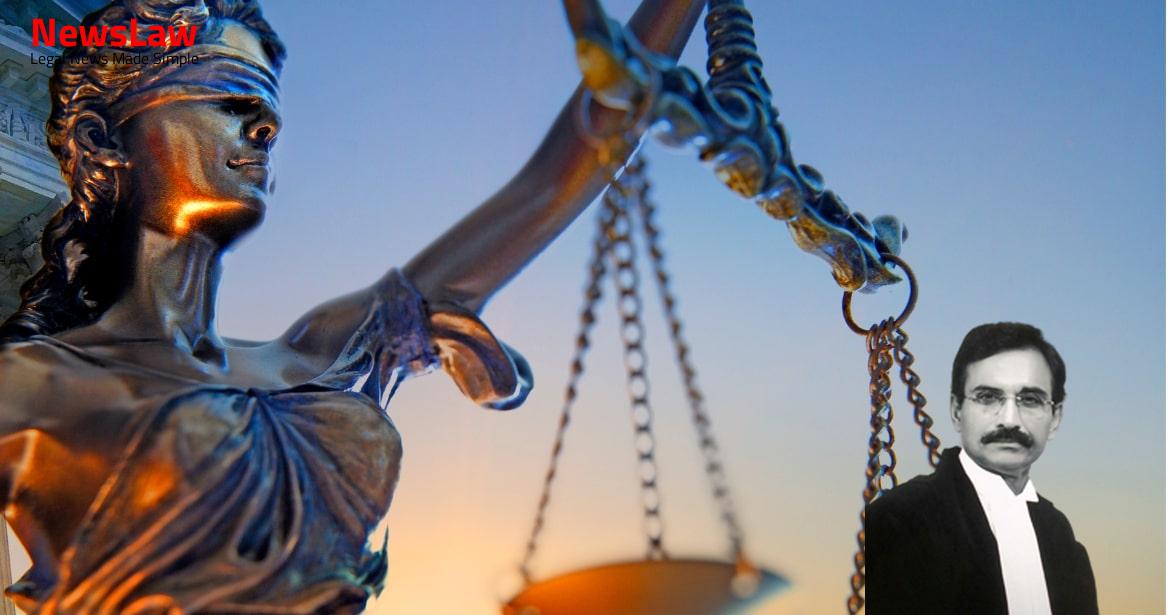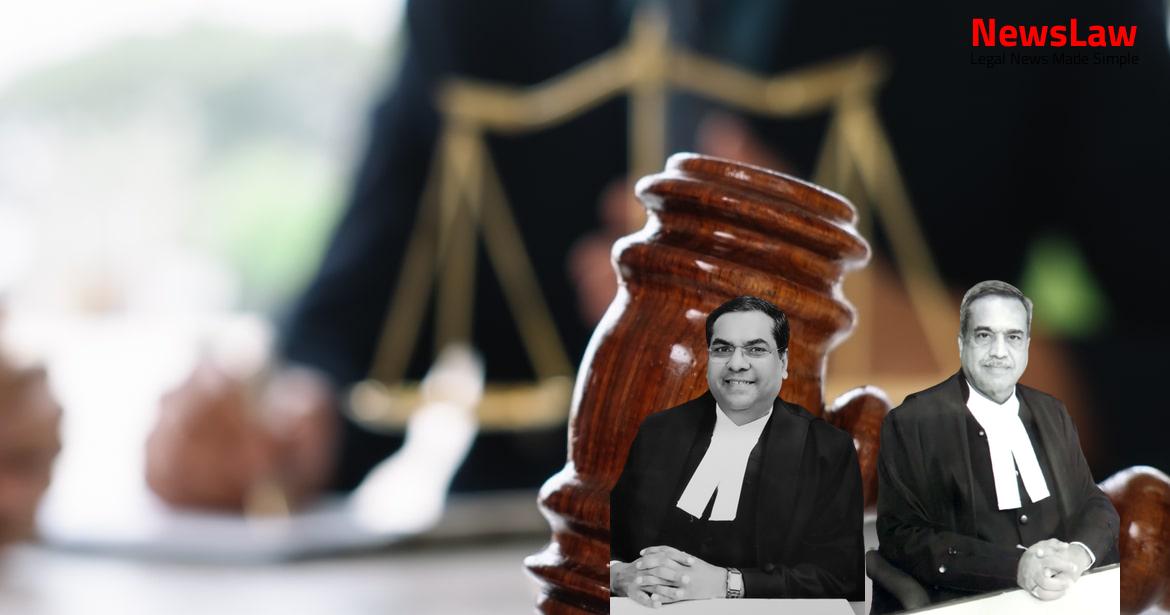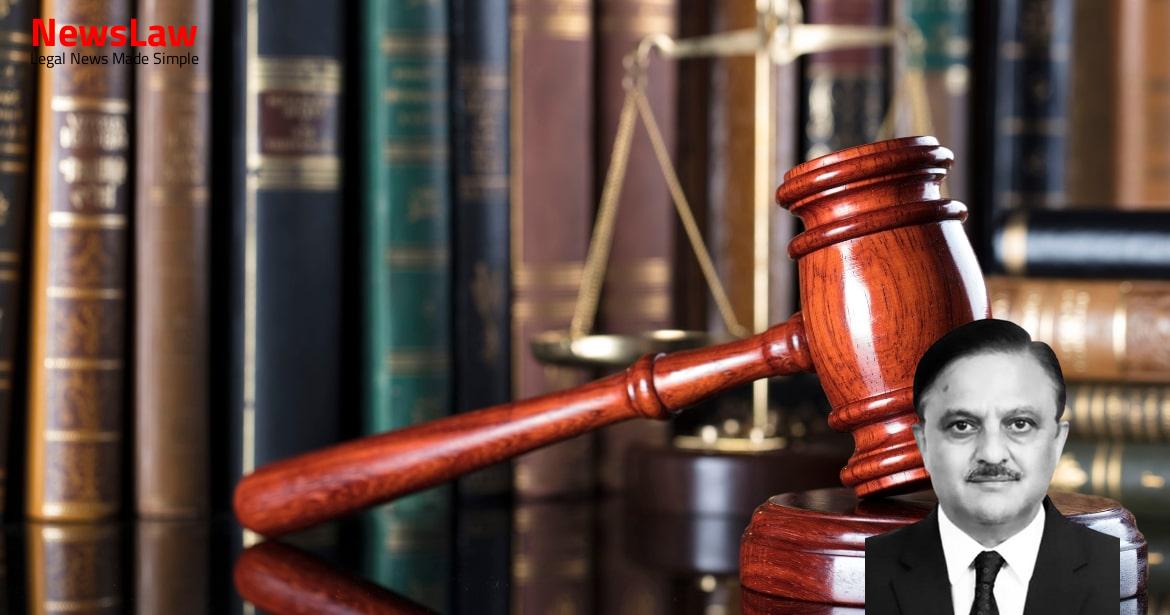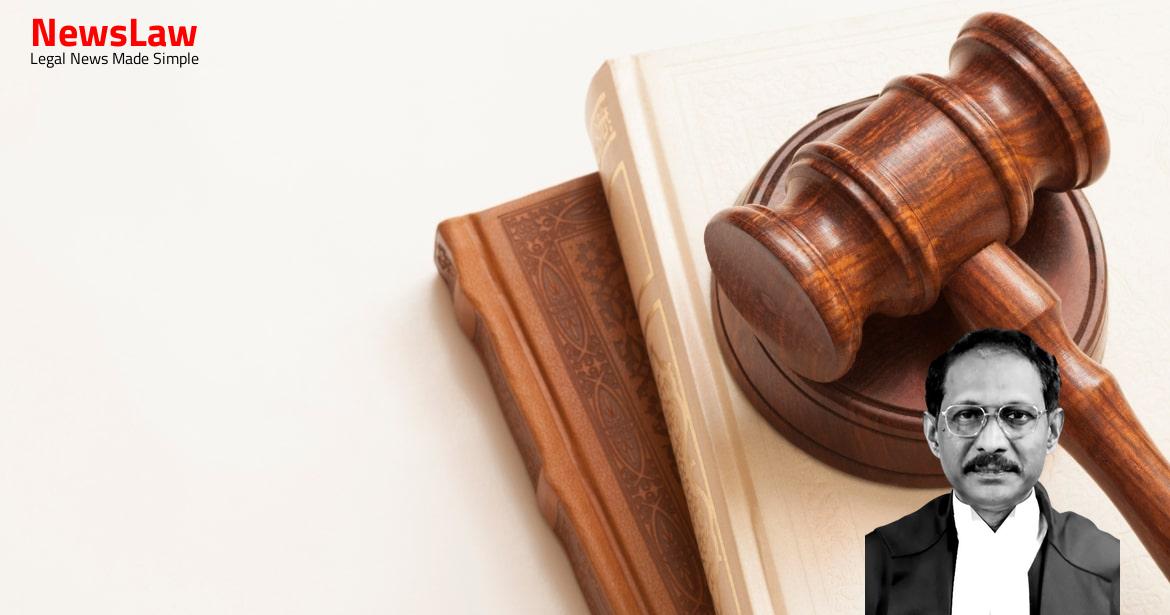Delve into the detailed legal analysis by the court regarding jurisdiction and substantial questions of law in a complex land dispute case. The court’s examination of issues such as Civil Court jurisdiction, framing of substantial questions of law, and the admissibility of additional evidence sheds light on the intricacies of legal proceedings in such disputes. Stay tuned for insights into the court’s interpretation and application of legal principles in this case.
Facts
- The suit for permanent injunction was filed by the plaintiffs against the Refugees’ Co-operative Housing Society Ltd. and others due to a threat to their possession of land in Village Basai Darapur, Delhi.
- The First Appellate Court directed the parties to address arguments on the issue of jurisdiction but the record was destroyed in a fire in 1996, leading to reconstruction by the High Court in 2007.
- The second substantial question of law was about the defendant No 4’s application for additional evidence regarding revenue records of Village Basai Darapur.
- Defendant No 4’s appeal to this court was based on the trial court’s finding that the land in dispute was in Village Shakarpur and not Basai Darapur, challenging the possession by the plaintiffs.
- Issues were framed by the trial court regarding the land’s khasra number and possession, leading to the suit being decreed in favor of the plaintiffs.
- The High Court dismissed the second appeal filed by the appellants related to the land dispute.
- The plaintiffs also alleged encroachment threats from defendant No 4 on land belonging to them, leading to action under Section 145 of the CrPC.
- Separate written statements were filed by defendant Nos. 1-3 and defendant No 4, with objections raised by the former about the Civil Court jurisdiction.
- Previous suits and decrees regarding ownership and possession of the land in Khasra No 238 were also mentioned in the case.
- The plaintiffs filed the suit for permanent injunction claiming ownership and possession of the land in question in 1971.
- Trial court’s ruling on the case
- First Appellate Court’s findings after reappreciating the evidence
- Defendant No. 4’s allegations of substantial questions of law for consideration
Also Read: Judicial Review of Answer Key in Teacher Selection Process
Arguments
- The primary argument raised by learned counsel for the appellants is that the High Court has dismissed the appeal without framing any substantial question of law.
- Learned counsel argues that framing a substantial question of law is mandatory as per Section 100 of the Code.
- The High Court dismissed the appeal without framing substantial questions of law.
- Appellants are requesting the matter to be remitted back to the High Court for the determination of substantial questions of law framed by them.
- Appellants reproduced the substantial questions of law for consideration.
Also Read: Legal Analysis on Admission Denial and Seat Creation in Medical College Case
Analysis
- The High Court is not required to frame substantial questions of law if no error is found in the findings of the First Appellate Court.
- The issue of jurisdiction of the Civil Court was not treated as a preliminary issue by the trial court.
- The appellants cannot produce additional evidence in the first appeal if the parties were aware of the controversy and had already presented evidence in the trial court.
- The Land Revenue Act does not explicitly prohibit the jurisdiction of the Civil Court in boundary disputes.
- The application under Order XLI Rule 27 of the Code was related to revenue documents concerning Village Basai Darapur.
- In the case of South Delhi Municipal Corporation & Anr. v. Today Homes and Infrastructure Pvt. Ltd. etc., the issue of jurisdiction of the civil court was considered by the Court.
- The Court held that the civil court’s jurisdiction is limited in certain circumstances.
- This decision provides insight into the limitations of civil court jurisdiction in specific cases.
- Appeal to the High Court is allowed if the case involves a substantial question of law.
- The substantial question of law must be clearly stated in the memorandum of appeal.
- The second appeal can be dismissed without formulating a substantial question of law.
- Judgments referred to by the appellants do not mandate the High Court to frame substantial questions of law when upholding findings of the First Appellate Court.
- All judgments referred to, except Md. Mohammad Ali, involved the High Court setting aside First Appellate Court findings without framing substantial questions of law.
- In Md. Mohammad Ali case, the High Court erred in dismissing the appeal without formulating substantial questions of law.
- The High Court’s dismissal of the Second Appeal was found to be in order by this Court.
Also Read: Legal Analysis on Reservation for In-Service Doctors in Super Specialty Medical Courses
Decision
- Pending applications disposed of
- Present appeal dismissed
Case Title: KIRPA RAM (D) TR.LRS. . Vs. SURENDER DEO GAUR (2020 INSC 640)
Case Number: C.A. No.-008971-008971 / 2010



